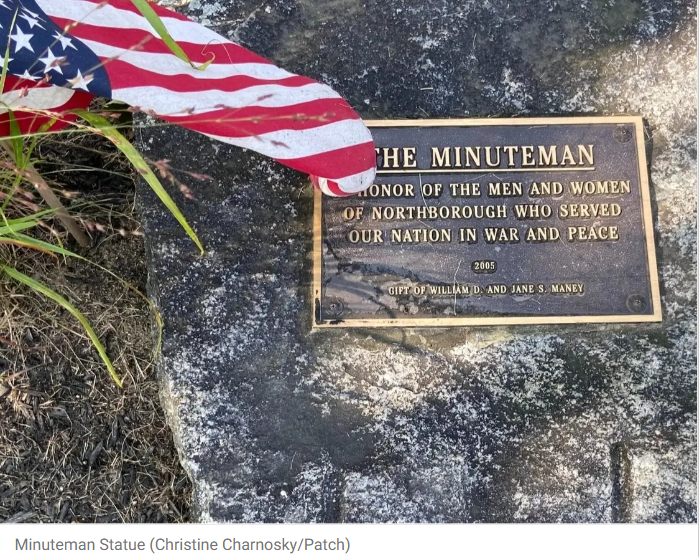For most people in the United States, Monday, January 16, is a holiday known as Martin Luther King Day (often abbreviated MLK Day). But if you happen to live in Arkansas, Alabama, or Mississippi, then it’s Martin Luther King Day and Robert E. Lee Day.
This might come as a surprise to people familiar with these iconic men. King was a famous leader of the civil rights movement. Lee was a Civil War general for the Confederacy, a group of states that seceded from the United States to form a government in which, as Article IV of its constitution stated, “the institution of negro slavery, as it now exists in the Confederate States, shall be recognized and protected.”
To understand why these men are honored on the same day in three states, one needs to look back at the controversial history of the MLK holiday.
Happy Birthday
Almost immediately after King’s assassination in 1968, activists and legislators began pushing for a holiday commemorating his January 15 birthday—a struggle that would continue for 15 years.
“The important thing to remember is that [King’s] reputation, generally, in the country, has changed,” says Lois Horton, professor emeritus of history at George Mason University. “The FBI had carried on quite a campaign to smear him and to discredit everything he was doing for his whole career.”
Senator Jesse Helms of North Carolina campaigned against the holiday, arguing that King was a communist sympathizer and an unfaithful husband. But prominent figures like King’s wife, Coretta Scott King, and musician Stevie Wonder—who voiced his support in his song “Happy Birthday”—continued to push for his recognition.
Congress finally passed a bill in 1983, and the first federal MLK Day was observed on the third Monday of January 1986. Most states adopted the holiday within a few years, but others held out. Arizona didn’t recognize the day until 1992, after losing millions of dollars when the National Football League Super Bowl boycotted the state in protest. The last state to adopt the holiday was New Hampshire in 1999, according to The King Center.
Although all states eventually recognized the day, some did so in an ironic way.
Lee-Jackson-King Day
In southern states that long resisted integration, King “was seen as an enemy of things that they believed in,” Horton says. “It was difficult for them to then change to see him as someone who should be celebrated.”
And so, rather than adopting a separate MLK Day, Arkansas, Alabama, and Mississippi packaged it with a holiday they already celebrated—the anniversary of Robert E. Lee’s birthday on January 19.
Virginia did this too, albeit with a twist. Because it already had a holiday that jointly commemorated Lee and Confederate General Stonewall Jackson, Virginia celebrated a weird hybrid called Lee-Jackson-King Day until 2000. And until that year, MLK Day was an optional paid holiday in South Carolina, where state employees had to choose between MLK Day or three other Confederate holidays, according to New Hampshire Public Radio. (Read “Why the Confederate Flag Made a 20th-Century Comeback.”)
Today, those who oppose separating the days in the states where they’re jointly celebrated use the language of the civil rights movement to defend themselves. Last year, an attempt to separate MLK and Lee Day in Arkansas was thwarted by opponents who argued, ahistorically, that “separate is not equal.”
“I remember in the beginning when they started combining [MLK Day and Lee Day], it was in a way a kind of insult,” Horton says.
She supports separating the days “because they’re celebrating very different phenomena and in some cases contradictory stances, especially on the whole question of race and civil rights.
“So I think it confuses the issue to have them together.”
–nationalgeographic



